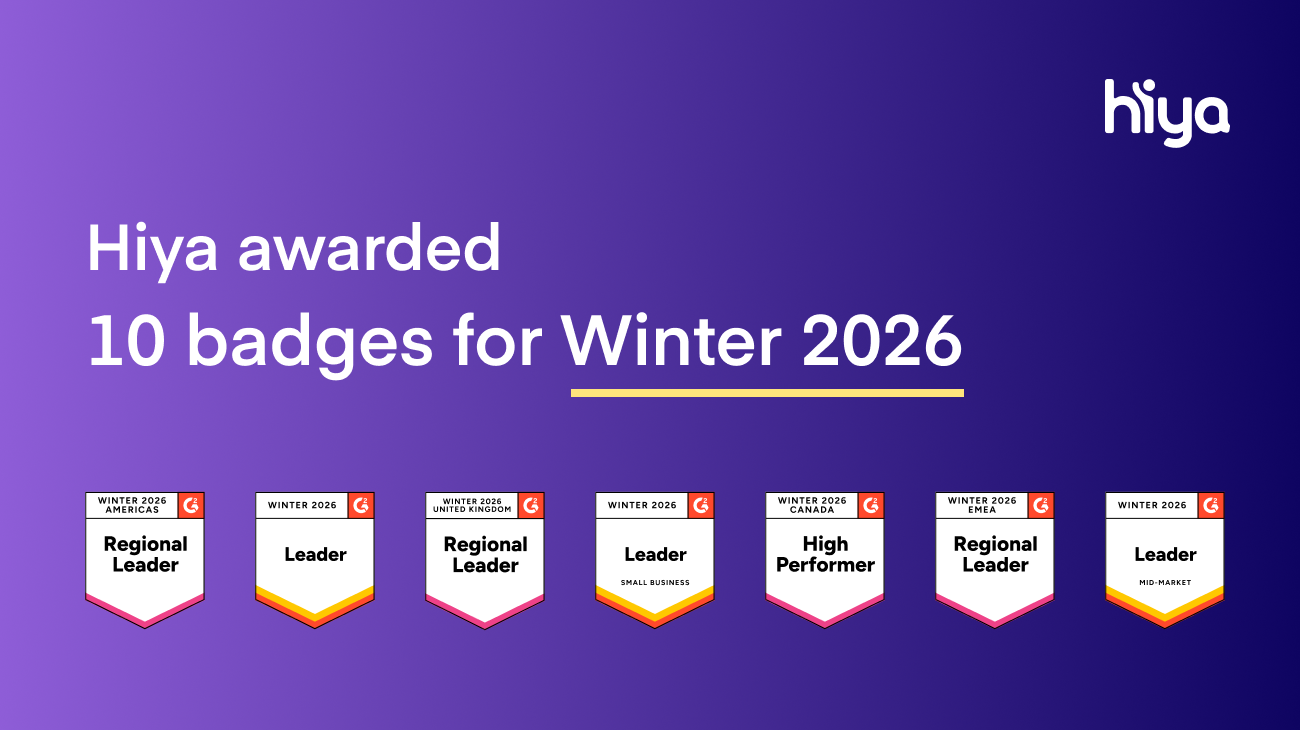
Being on the A-list for a hot new club is the equivalent to being at the top of Google’s search list for businesses. Just as we can find ourselves doing the most outlandish things to be seen, businesses will also do just about anything to keep their listing at the top of Google.
While being at the top is a priority, the temptation to say yes to any offer promising to maintain top-shelf status can put businesses in a vulnerable situation before they even realize it.
When sneaky scammers begin preying on this vulnerability, it’s not a surprise because it’s literally their MO. Unfortunately, in Google’s case, they’re not letting anyone fly under the radar.
Scammer Objective:
Collect as much personal information as possible (i.e. information about your business, address, phone number, and even your Google password) to charge for their “services”, steal one’s identity or prey on a victim for future scams.
How They Execute:
A representative or robocall will contact a business owner claiming that they are from Google’s business listing or a similar service. “The recording claims that your domain listing is out-of-date and you need to update it in order to keep your spot in Google’s search rankings,” reports the BBB.
How To Defend Yourself:
Don’t be fooled by a scammer’s scare tactics! Here are some important things to remember about getting your business seen on the web. Then, you can set it, forget it and leave it to Google to handle the rest of the work.
•Google is free
We all love things that are free, and Google is one of them. Google will never charge for services in Google My Business or Google Search.
•We Don’t All Get Fed With A Silver Spoon
As much as we’d like to think, Google cannot individually spoil us. As busy as they are, you can imagine that they don’t have time to individually call users to make sure their business is using their services to the best of their needs.
•Keep personal information personal
Like you’ve been told time and time again, never share personal or financial information unless you trust and know who you are sharing it with and what they’ll be using it for. Unwanted callers are a major no-no, and if you’re still not positive, do your due diligence by contacting Google directly about the matter at hand.
•Weed-out unwanted calls
In the age of smartphones, there are apps that can help you block and identify unknown callers .Do yourself a favor, especially as a business owner with contact information plastered just about everywhere, and download an app. It’ll be your savior when it comes to avoiding being a scammer’s next victim.
Google also reminds us that, “If you receive a robocall—a call placed with a recorded voice—for any of the above reasons, it is not from Google. The Federal Trade Commission has established a Robocalls resources website with additional information about robocalls and steps you can take if you receive one.”

.jpg)

